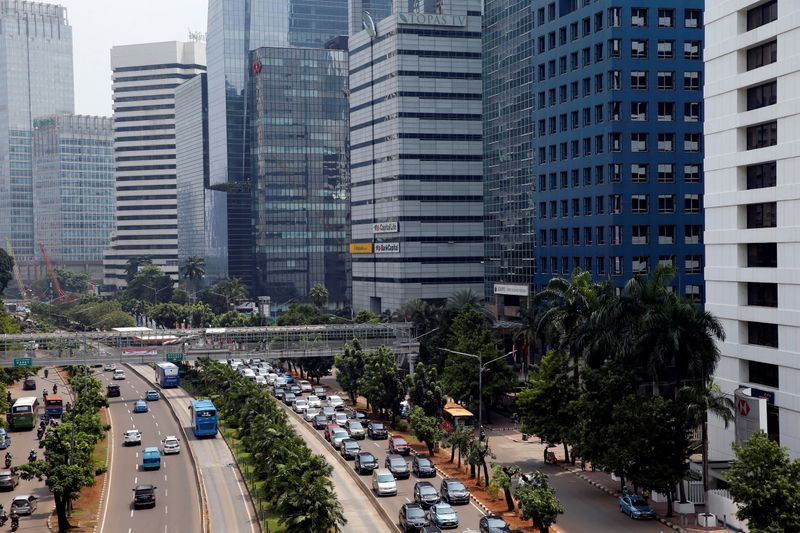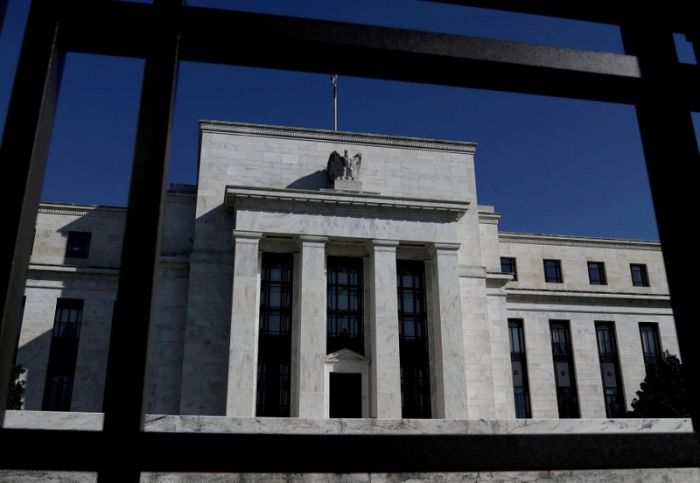JAKARTA (Reuters) – Indonesia’s parliamentary budget committee on Tuesday approved President Joko Widodo’s 2022 budget with total spending of about 2,714 trillion rupiah ($190.40 billion), representing a fiscal deficit equal to 4.85% of gross domestic product.
The budget aimed to underpin an economic recovery next year with GDP slated to grow 5.2%, near the middle of a proposed 5.0%-5.5% range, committee chairman Said Abdullah announced, as the economy shakes off the impact of the coronavirus pandemic.
The approved spending was slightly larger than the 2,708.7 trillion rupiah the president approved in August, while the revenue target was approved at around 1,846 trillion rupiah.
The 2022 deficit is lower than the estimated 5.82% this year and the president said in his budget proposal it provided the foundation to cut the deficit to under 3% in 2023 to comply with current laws.
A vote in a plenary parliamentary session is still needed, but the committee’s endorsement is usually passed.
“Next year is a very important year for us as we aim to maintain economic recovery while on the other hand implement efforts to get the budget condition healthy again and reach fiscal consolidation in 2023,” Finance Minister Sri Mulyani Indrawati told the hearing.
She said economic conditions next year would remain “uncertain and challenging” not only regarding the pandemic but also as many countries are expected to tighten monetary policy.
Southeast Asia’s largest economy pulled out of recession in the second quarter of the year. While the recovery momentum was hit by fresh coronavirus curbs in July, the central bank said last week domestic activity had gradually improved since restrictions were eased in late August.
Even though the economy should recover if the pandemic stayed contained, economists warned against withdrawing fiscal spending too quickly to achieve a deficit below 3% of GDP by 2023.
“We are concerned of the impact of fiscal contraction because at the same time it is still questionable whether loan growth would be able to recover to the pre-pandemic level by then,” said David Sumual, chief economist at Bank Central Asia.
Monthly bank lending, which posted annual contractions between September and May, has shown signs of recovery but remains well below pre-pandemic levels around 10%. In August, lending grew 1.16%.
($1 = 14,255 rupiah)
(Reporting by Fransiska Nangoy; Editing by Martin Petty and Ed Davies)























